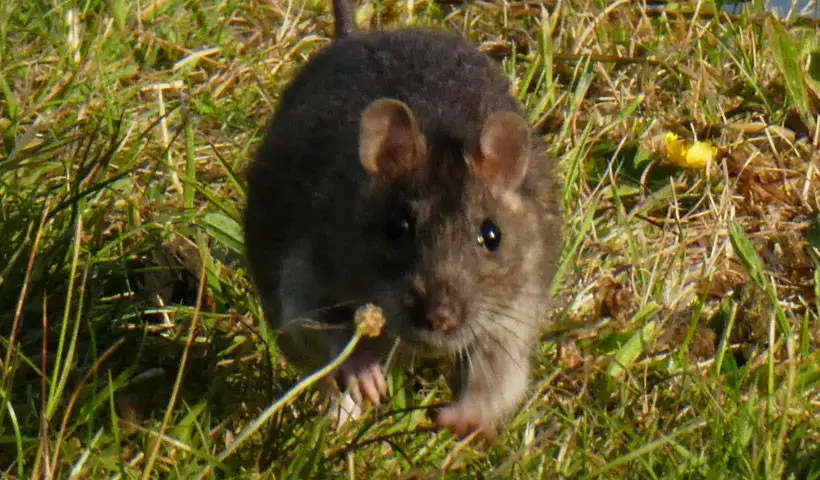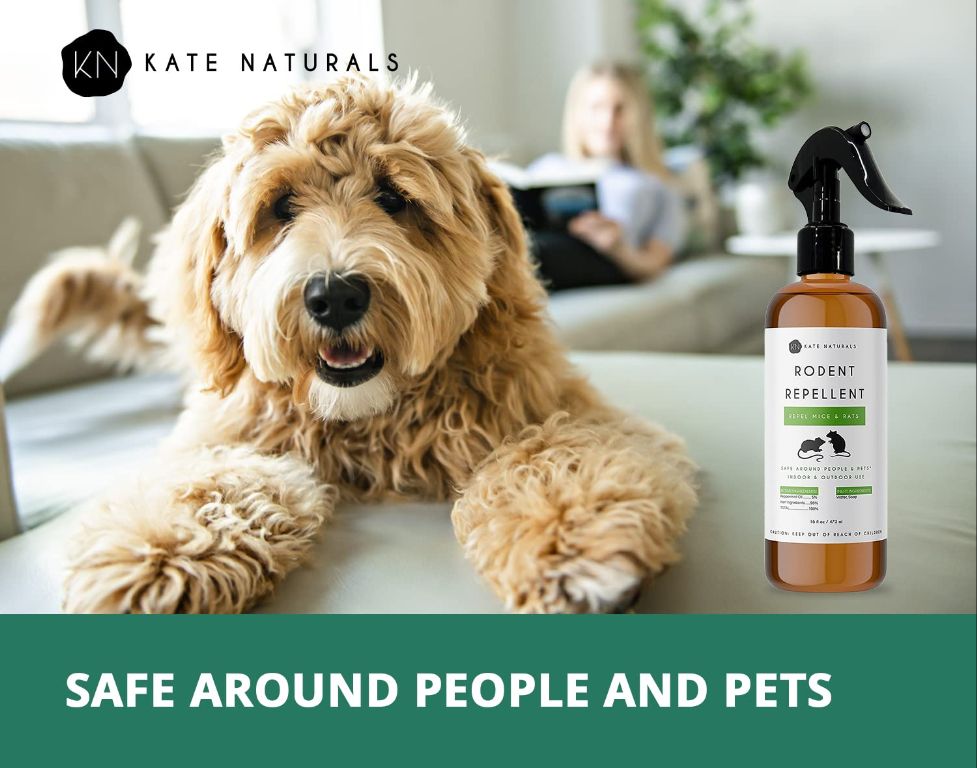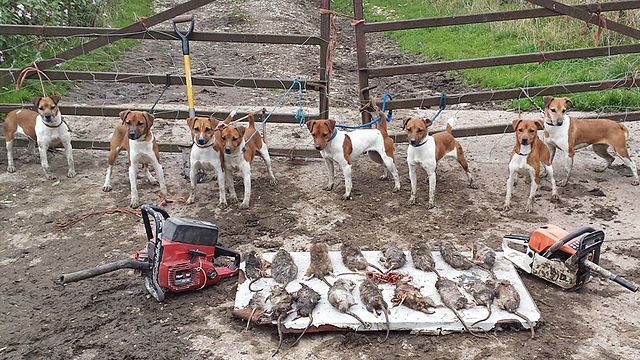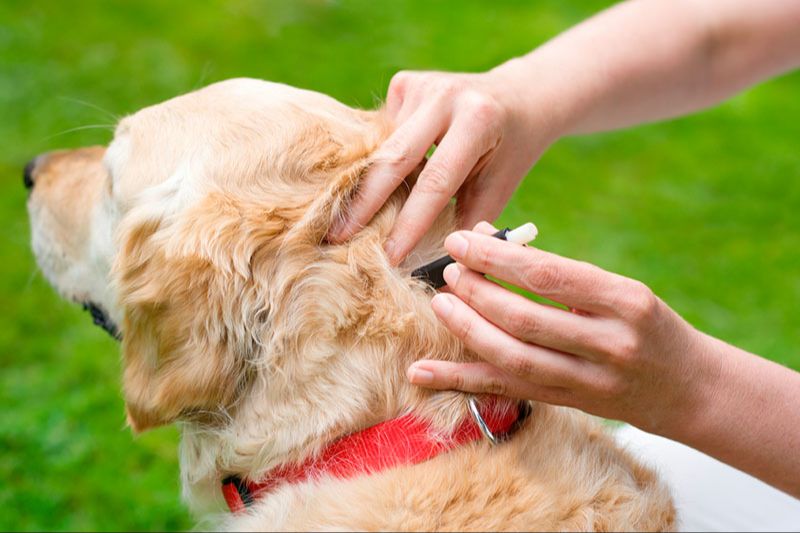Understand Why Rats Are Attracted to Dog Feces
Rats are omnivores and will eat nearly anything, including dog feces which contains proteins and nutrients rats seek out (source). Dog feces can attract insects and larvae that rats also eat. Rats live in areas near humans and pets. According to experts, dog feces is a primary food source for rats and mice (source).

Keep the Yard Clean
Picking up your dog’s waste frequently is one of the most effective ways to deter rats. According to veterinarian Dr. Jerry Klein, “Because rats are attracted to dog feces, it should be picked up from the yard at least once per day, if not more often” (Source). Most experts recommend picking up poop at least once daily, if not more often, to keep your yard clean and unattractive to rats.
In addition to frequent pickup, proper disposal is key. Place dog waste in closed bins that rats cannot access or chew through. Compost piles and open trash cans are easy targets. Invest in rodent-proof waste receptacles with tight-fitting lids.
Eliminating other attractive food sources like leftover pet food, fallen fruit, and clutter where rats can establish nests and colonies is also recommended. Maintaining a clean, clear yard helps eliminate tempting food sources and rat habitation.
Use Repellents
Spreading natural repellents around your yard can help deter rats and keep them away from your dog’s feces. Some effective options include:
Capsaicin – The active ingredient in chili peppers that gives them their heat. Spreading capsaicin-based repellents around the perimeter of your yard creates an unpleasant burning sensation if rats walk through it, deterring them from entering (Source 1).
Ammonia – The strong odor of ammonia is unpleasant and irritating to rats. Soak rags in ammonia and place them in areas rats frequently visit to deter them. You can also dilute ammonia with water and spray it around the yard (Source 2).
Vinegar – Similar to ammonia, the strong scent of vinegar can deter rats. Spray vinegar around the perimeter of your property, especially near possible entry points like holes or gaps.
Mothballs – The odor from mothballs containing either naphthalene or paradichlorobenzene can repel rats. Place mothballs in areas rats frequent or may try to build nests and burrows.
Using natural repellents creates an unpleasant environment that deters rats from frequenting your yard and getting into your dog’s feces. Reapply repellents regularly for best results.

Seal Off Access
One of the most effective ways to keep rats out of your yard is to seal off any potential access points they could use to get in. Rats are adept at squeezing into small spaces, so you’ll need to thoroughly check any fences, walls, or other barriers around your property for holes or gaps that need sealing up. Here are some tips for sealing off rat access:
- Check fences and walls for holes and gaps and seal them. Use wire mesh, concrete, hardware cloth, sheet metal, or other sturdy materials to patch any holes larger than 1/4 inch across. This will prevent rats from being able to squeeze through.
- Trim vegetation back from fences. Overgrown vegetation can allow rats to climb up and over fences, so keeping bushes, vines, and trees neatly trimmed back at least 12 inches can deter them.
- Use wire mesh under sheds and porches to block access. Digging a trench 6-12 inches deep and lining it with hardware cloth before building a structure over it will prevent rats from burrowing underneath.
Taking the time to thoroughly inspect your property’s perimeter and seal any potential entry points shut will go a long way in keeping rats from getting access to your yard. Be diligent and persistent, as rats may chew new holes or find creative ways to get in. But sealing off access as much as possible will discourage them from settling in and becoming a problem.
Use Deterrents
One effective method for keeping rats away from dog feces is to place natural deterrents around the yard. Predator urine, such as coyote or fox urine, can scare rats away since they smell like natural enemies. Sprinkling or spraying predator urine around the perimeter of your yard helps create a barrier that wards off rats.
You can also place owl feathers, fake snakes or other predator props around areas where your dog goes to the bathroom. The sight and smell of these items tricks rats into thinking predators are nearby, causing them to avoid these areas. Just be sure to move the props around periodically so the rats don’t get used to them.
Using ultrasonic repellent devices is another humane option for repelling rats. These devices emit high frequency sounds that are unpleasant and irritating to rats but inaudible to humans and dogs. Place them around your yard to drive rats away through sound.
Strong scents like peppermint oil also deter rats effectively when placed along fence lines, garden edges and other outdoor areas. The strong minty aroma overwhelms rats’ sensitive noses and makes them avoid those spots. You can soak cotton balls in peppermint oil and place them strategically around your yard for rodent control.
Installing floodlights to illuminate potential rodent hiding spots is another tactic. Rats prefer dark areas and will be deterred by continuous bright lighting. Keeping your yard well-lit overnight can make it less hospitable for unwelcome rats.
Employ Natural Predators

Predators can help keep rodent populations in check. Consider installing predator habitats or using pets strategically to discourage rats in your yard. Here are some options:
Place hawk or owl boxes in trees around your property to attract natural rat predators. The presence of raptors may frighten rats away. You can also install plastic or wooden owl decoys around your yard [1]. These fake predators may deter rats from approaching.
Use dogs or cats to patrol and mark areas around your yard. Their scent helps deter rats, and they will hunt or chase any rodents they encounter [2]. Let your pets spend time in areas where you’ve noticed rat activity.
Weasels and snakes are also natural predators you can encourage. Avoid harming snakes that show up, as they may prey on rats. You can also install snake boxes and debris piles that offer them shelter [1].
Set Out Traps
Traps can be an effective way to remove and eliminate rats from your yard. There are different types of rat traps to consider:
- Humane traps catch rats alive without harming them. These traps lure rats in with bait and then contain them so they can be released in a new location away from your home. Humane trapping allows you to remove rats without killing them.
- Snap traps are designed to instantly kill rats upon triggering. These traps use a spring-loaded bar to deliver a lethal blow when the rat takes the bait. Snap traps provide immediate and permanent removal of rats. Popular options include the Victor Professional Rat Trap and Tomcat Rat Snap Trap.
- Electronic traps deliver a high-voltage shock to electrocute rats. These traps lure rats inside where they complete an electrical circuit and are humanely killed. Electronic traps allow for hands-off rat removal. The Victor M241 is a top-rated electronic trap.
When using lethal snap or electronic traps, place them along rat runways and near potential nesting spots. Bait the traps with peanut butter, hazelnut spread, or bacon. Check traps daily and remove dead rats right away. Trapping can quickly reduce the rat population in your yard.
Consider Chemical Pest Control
As a last resort, you may need to consider chemical pest control methods administered by a professional exterminator. Chemical pest control involves the use of targeted poisons and rodenticides to kill rodents. However, these chemicals can be dangerous and should be used with extreme caution, especially if you have pets or children.
If you decide to use chemicals, it’s highly recommended to hire a licensed professional exterminator. They have the proper training and equipment to strategically apply rodenticides and other chemicals in places inaccessible to children and pets. Rats are also becoming resistant to some rodenticides, so a professional can determine the most effective options.
According to the National Pesticide Information Center, rodenticides are formulated as baits with attractive substances like food or scent to entice rodents [1]. However, they can be hazardous to pets, wildlife, and humans if used improperly. Only consider chemical pest control for rats as an absolute last option once all other methods have failed.
Practice Prevention
One of the most effective ways to keep rats away from your dog’s feces is to prevent access in the first place. Here are some tips for prevention:
Feed dogs indoors or in an enclosed porch to contain waste in a small area that is easier to clean up frequently. Be sure to pick up any leftover food right after your dog finishes eating.
Install rodent-proof trash and compost bins with tight-fitting lids. Rats are attracted to places with available food waste.
Landscape your yard with plants that rats dislike, such as peppermint, garlic, onion, cayenne pepper, lavender, juniper or cedar. The strong scents can help deter rats.
When to Call a Professional

In some cases, DIY solutions may not be enough to fully eliminate a rat problem. Calling in professional pest control may be necessary in the following situations:
If the infestation is severe or overrunning the yard – Large numbers of rats that are extensively damaging property or posing health risks often require professional-grade solutions. This level of infestation can be difficult to fully address on your own. Signs You Need to Call an Exterminator for Rats or Mice
If humane deterrents and traps fail to reduce the problem – While natural and humane control methods are ideal, they do not always work for severe rat problems. If non-lethal approaches have been tried extensively without success, this indicates professional pest control may be needed. 9 Signs You Need to Call Pest Control Immediately